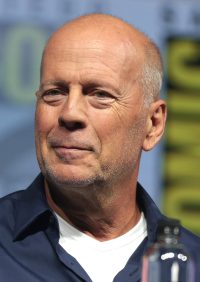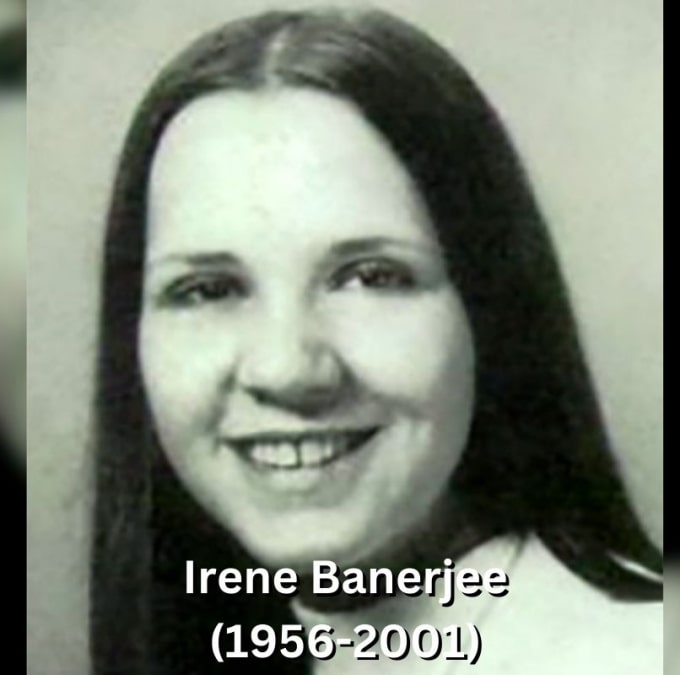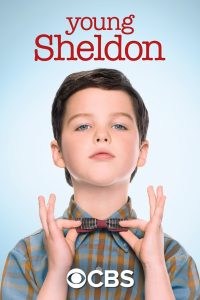Robert Rossen is a household name associated with some of the most thought-provoking and socially aware films of the mid-20th century. His career, spanning almost three decades, was distinguished by critical acclaim, controversy, and a lasting influence on the film industry. This article delves into the life and legacy of Robert Rossen, exploring his early years, career highlights, personal life, major achievements, and financial insights. Join us as we unravel the story of a filmmaker whose work continues to reverberate with audiences today.
Quick Info Table
| Field | Details |
|---|---|
| Full Name | Robert Rossen |
| Known For | Screenwriting, Film Directing, Producing |
| Occupations | Screenwriter, Film Director, Producer |
| Age (as of 2024) | N/A (Deceased) |
| Date of Birth | March 16, 1908 |
| Date of Death | February 18, 1966 |
| Birthplace | New York City, New York, USA |
| Nationality | American |
| Parents | Philip Rosen (Father) |
| Grandchildren | Daniel Rossen |
The Beginnings: Early Life and Education
Robert Rossen's path to becoming a celebrated filmmaker commenced in the bustling streets of New York City. Born to immigrant parents, Rossen's early experiences shaped his worldview and later influenced his cinematic storytelling.
Childhood and Family Background
Robert Rossen was born on March 16, 1908, in New York City to Philip Rosen, a house painter. His upbringing in a working-class family exposed him to the struggles and ambitions of everyday Americans. This experience significantly influenced his later works, which often explored themes of power, corruption, and the human condition.
Education and Early Influences
Rossen attended New York University, where he initially pursued a career in boxing before shifting his focus to the arts. His introduction to literature and drama at the university laid the groundwork for his future career in film. Rossen's involvement in theater during his college years provided him with a strong foundation in storytelling and character development—skills that would later define his work in Hollywood.
Rising to Fame: Career Highlights
Rossen's career is a testament to his versatility and talent as a screenwriter, director, and producer. From his early days in theater to his rise in Hollywood, Rossen left an indelible mark on the film industry.
Transition to Hollywood
Rossen's journey to Hollywood began with his work as a playwright and theater director. His big break came when he joined Warner Bros. as a screenwriter. During his time there, Rossen wrote several successful scripts, including the critically acclaimed "They Won't Forget" (1937), which starred Lana Turner.
Breakthrough with "All the King's Men"
Rossen's directorial debut came with the 1949 film "All the King's Men," an adaptation of Robert Penn Warren's novel. This political drama about the rise and fall of a corrupt politician was both a critical and commercial success. It won three Academy Awards, including Best Picture, and earned Rossen a nomination for Best Director. This success solidified Rossen's reputation as a filmmaker capable of tackling complex social issues.
"The Hustler": A Cinematic Masterpiece
In 1961, Rossen directed "The Hustler," a film that would become one of his most iconic works. Starring Paul Newman as "Fast" Eddie Felson, the film delves into the world of professional pool hustling. "The Hustler" received nine Academy Award nominations and won two. The film's gritty realism and compelling character study showcased Rossen's directorial prowess and cemented his place in cinematic history.
Behind the Scenes: Personal Life
While Rossen's professional life was marked by achievements, his personal life was equally complex and often interwoven with his career.
Political Affiliations and Controversies
Rossen was a member of the American Communist Party until 1949. His political affiliations brought him under scrutiny from the House Un-American Activities Committee (HUAC) during the Red Scare. In 1953, Rossen testified before the HUAC, initially refusing to name names but later relenting to avoid blacklisting. This period of his life was fraught with tension and had a lasting impact on his career and personal relationships.
Family and Relationships
Despite the challenges he faced, Rossen maintained a close-knit family life. His grandchild, Daniel Rossen, has continued the family's artistic legacy as a guitarist and vocalist for the bands Grizzly Bear and Department of Eagles. The influence of Rossen's cinematic talent can be seen in the creative pursuits of his descendants.
Accolades: Major Achievements
Rossen's contributions to cinema are numerous, with several of his films earning critical acclaim and prestigious awards.
Academy Awards and Golden Globes
Rossen's work has been recognized with multiple Academy Awards and Golden Globe Awards. "All the King's Men" won three Oscars, including Best Picture, Best Actor (Broderick Crawford), and Best Supporting Actress (Mercedes McCambridge). "The Hustler" also garnered significant acclaim, winning two Oscars and earning Rossen a Golden Globe for Best Director.
Influence on Film Noir and Socially Conscious Cinema
Rossen's films often dealt with themes of corruption, morality, and the human condition, making significant contributions to the film noir genre. His ability to blend social commentary with compelling storytelling set his work apart and influenced a generation of filmmakers.
Financial Insights
Robert Rossen's financial success mirrored his professional achievements, though it was not without its challenges.
Net Worth and Financial Challenges
While specific figures regarding Rossen's net worth are not readily available, it is known that he faced financial difficulties at various points in his career. The production of "Mambo" in 1954 was a strategic move to recover from financial strain following his blacklisting. Despite these challenges, Rossen's later successes, particularly with "The Hustler," helped restore his financial stability.
Financial Impact of Blacklisting
The HUAC hearings and subsequent blacklisting profoundly impacted Rossen's career and finances. Being blacklisted resulted in fewer opportunities and financial instability. However, Rossen's resilience and talent enabled him to bounce back and create some of his most memorable work in the later years of his career.
Conclusion
Robert Rossen's legacy is one of artistic brilliance, resilience, and an unwavering commitment to socially conscious storytelling. His films continue to be studied and admired for their depth, realism, and powerful narratives. Despite facing significant personal and professional challenges, Rossen's contributions to cinema remain enduring and influential.
Robert Rossen's story is one of triumphs and trials, of artistic vision and personal integrity. His films continue to inspire and challenge, a testament to a filmmaker who dared to explore the complexities of the human experience.













